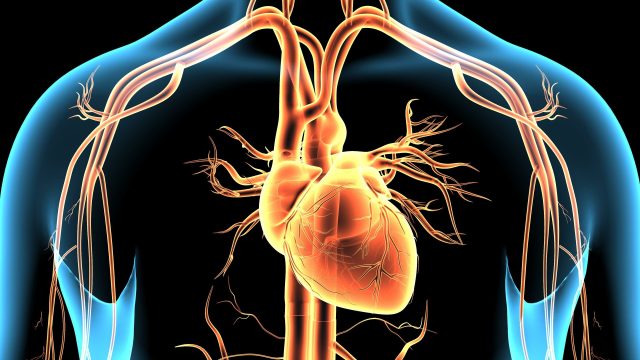Link seen between Dietary Inflammatory Index and N-terminal pro B-type natriuretic peptide
By Lori Solomon HealthDay Reporter
THURSDAY, June 6, 2024 (HealthDay News) — There is a positive correlation between diet-induced inflammation and a heart failure biomarker, according to a study published online June 5 in PLOS ONE.
Teng-Chi Ma, from the First Affiliated Hospital of Xi’an Jiaotong University in China, and colleagues used data from the National Health and Nutrition Examination Survey (1999 to 2004; 10,766 individuals) to investigate the association between diet-induced inflammation (measured by the Dietary Inflammatory Index [DII]) and heart failure (measured by N-terminal pro B-type natriuretic peptide [NT-proBNP]).
The researchers found that in individuals without heart failure, a unit increase in the DII was significantly associated with an increase in NT-proBNP levels when adjusting for demographic factors (8.57 pg/mL) and with further adjustments for health variables (5.54 pg/mL). For individuals with a history of heart failure, there was a trend toward higher NT-proBNP levels in the second and third DII quartile versus the lowest quartile (717.06 pg/mL and 855.49 pg/mL, respectively). There were also significant interactions by age (younger than 50 years: β = 3.63; 50 to 75 years: β = 18.4; 75 years and older: β = 56.09), gender (men: β = 17.82; women: β = 7.43), hypertension (β = 25.73), and diabetes (β = 38.94).
“This study identified a positive correlation between the DII and NT-proBNP levels, suggesting a robust link between pro-inflammatory diets and increased heart failure biomarkers, with implications for dietary modifications in cardiovascular risk management,†conclude the authors.
Copyright © 2024 HealthDay. All rights reserved.


















